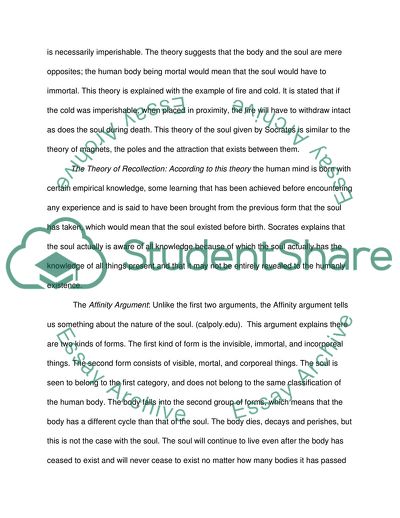Cite this document
(Socrates and Taoism Case Study Example | Topics and Well Written Essays - 2000 words, n.d.)
Socrates and Taoism Case Study Example | Topics and Well Written Essays - 2000 words. Retrieved from https://studentshare.org/philosophy/1736719-philosophy-1
Socrates and Taoism Case Study Example | Topics and Well Written Essays - 2000 words. Retrieved from https://studentshare.org/philosophy/1736719-philosophy-1
(Socrates and Taoism Case Study Example | Topics and Well Written Essays - 2000 Words)
Socrates and Taoism Case Study Example | Topics and Well Written Essays - 2000 Words. https://studentshare.org/philosophy/1736719-philosophy-1.
Socrates and Taoism Case Study Example | Topics and Well Written Essays - 2000 Words. https://studentshare.org/philosophy/1736719-philosophy-1.
“Socrates and Taoism Case Study Example | Topics and Well Written Essays - 2000 Words”. https://studentshare.org/philosophy/1736719-philosophy-1.


